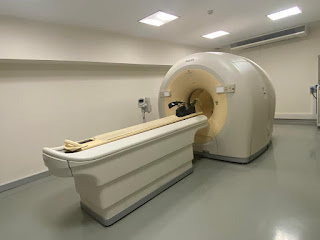Rise, take up your bed, and walk

Maggie tells me I should be explicit and say that I have been given the cancer all clear. She tells me that a sentence built into the story of the Imserso holiday is not good enough. That all the people who have shown concern need to be told clearly and succinctly. Clearly fine, succinctly - not likely given my style. On 10 January I saw the oncologist at Elda Hospital after doing a PET -TAC at the Vinalopó Hospital in Elche a couple of days before. The oncologist told me that the results showed that the lesion that had been in my throat, in August, was no longer there - the cancer was gone. Every few months I will have to have another TAC scan and then go to see the oncologist to see whether the cancer has come back. I asked what chance there was of the cancer returning and he said 40%. That puts the odds in my favour. I thought I was done there but Maggie tells me that I should tell you that I'm still having trouble eating. That, even now, I'm taking most food through a stoma...






